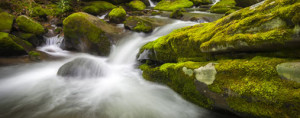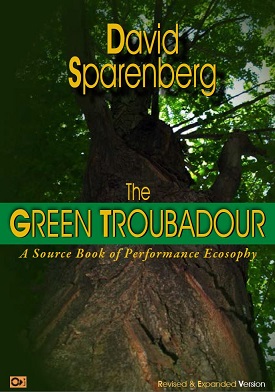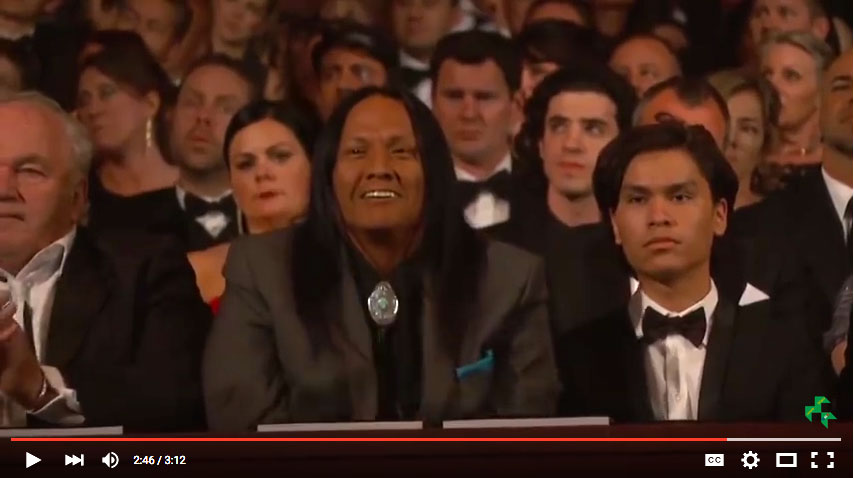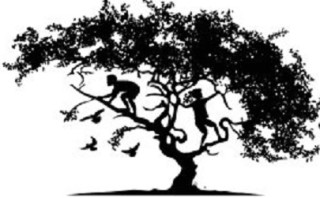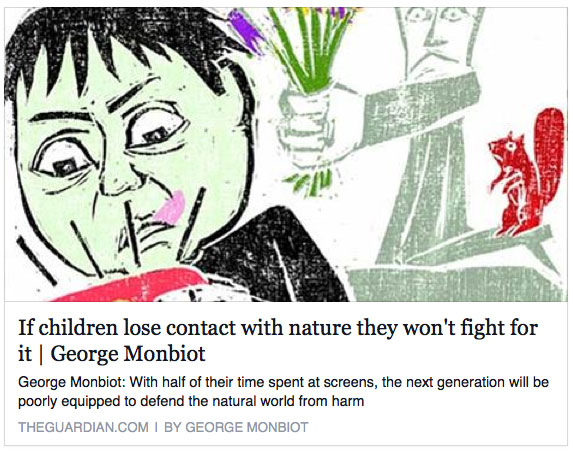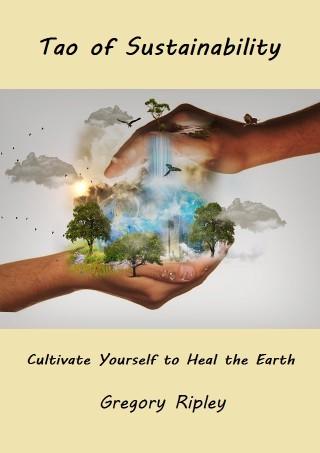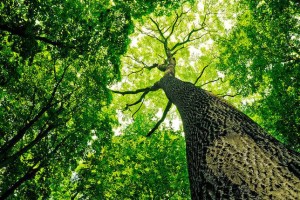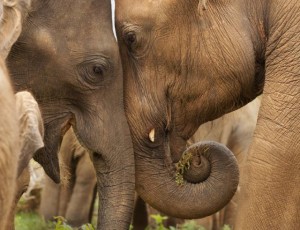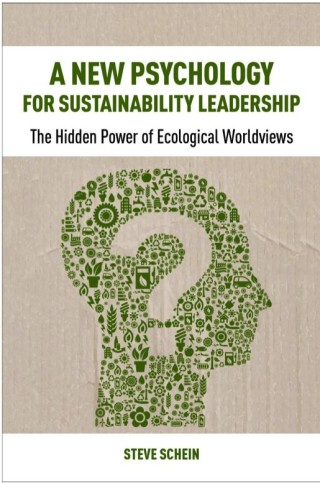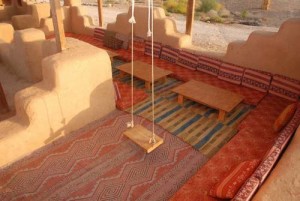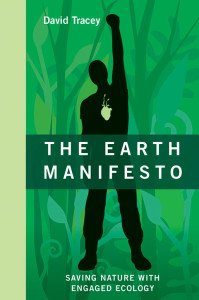Experience Greenwave with Michael J. Cohen
Dear Editor,
For revolutionary change that reverses disorders including climate change consider this:
“As exemplified by the sensation of thirst, on cellular and molecular levels, sensors (senses and their sensations) in an organism, large(Earth) or small(nanobe), are receptors that are attracted to detect stimuli. When the information that they register is out of balance, they become the main homeostatic driving force for change that promotes life in balance. Their detection process is a fundamental source that functions on mechanical, thermal and chemical levels as it promotes the survival of life. When they are not adulterated by nature-disconnecting stories the senses can be depended on as self-evident, recovery and balancing tools that are part of every space/time moment of Planet Earth.”
A new scientific tool that generates a natural genius way of thinking and feeling produces critical remedies. The art of this super-intelligence technology increases personal and global well-being in a balanced way. It is effective because it uniquely uses Nature’s healing and purifying energies to restore the wisdom of our 54 inherent natural senses We have learned to hurtfully suppress them so we “normally” suffer the pain and depression from our loss.



